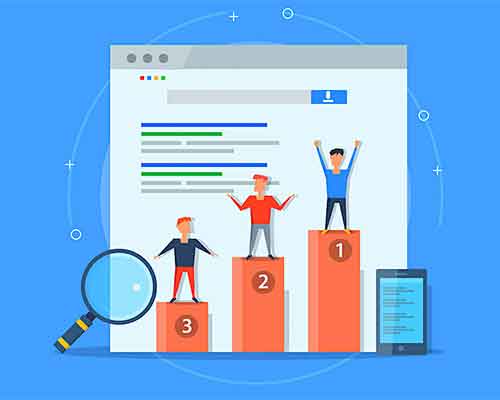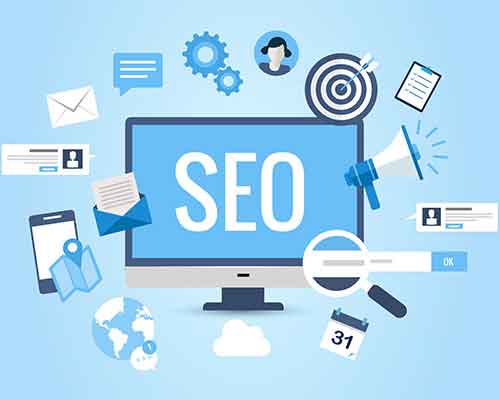Artificial Intelligence (AI) has shifted from a buzzword to a daily utility. In 2025, we’re no longer asking if AI will change the world—we’re watching it happen in real time. From personalized education to AI-generated movies, the technology is weaving itself into the fabric of everyday life faster than ever imagined. But where is this rapid evolution heading—and what does it mean for us?
 The Rise of Everyday AI
The Rise of Everyday AI
AI is no longer just the secret sauce behind tech giants. It’s in your pocket, your workplace, and even your fridge. With the explosion of AI-powered personal assistants like OpenAI’s ChatGPT, Google’s Gemini, and Anthropic’s Claude, the average user now has access to tools that were once limited to top-tier engineers.
These AI systems can write code, generate images and videos, answer complex questions, tutor students, compose music, and simulate human conversation with startling realism.
 AI in Education: Personal Tutors for All
AI in Education: Personal Tutors for All
Imagine a student in a rural village in Uganda learning Python from an AI tutor with the patience of a saint and the intelligence of a seasoned developer. That’s not science fiction—it’s reality in 2025. Tools like Khanmigo, Sora by OpenAI, and other AI-powered learning assistants are making one-on-one education scalable and personalized, adapting to individual learning styles in ways traditional classrooms struggle to replicate.
 Generative AI: A New Era of Creativity
Generative AI: A New Era of Creativity
AI isn’t just automating; it’s creating. Musicians are co-writing songs with AI. Filmmakers are using AI to storyboard and even generate entire scenes. Writers are brainstorming with models like ChatGPT and Claude to break through creative blocks.
Platforms like OpenAI’s Sora and Runway are enabling creators to generate short films and animations with a few lines of text. The result? Independent creators now have Hollywood-level tools.
 Work Reinvented: Not Replaced
Work Reinvented: Not Replaced
While automation anxiety remains, the real story is augmentation. AI is becoming a co-pilot, not a competitor. Coders use AI to catch bugs faster. Marketers use it for campaign insights. Journalists use it to draft articles and analyze data at speed.
Yes, some jobs will evolve or vanish—but countless others will emerge. The key? Adaptation. Those who learn to use AI as a tool rather than fear it as a threat are thriving.
 Ethics & Misinformation: The Double-Edged Sword
Ethics & Misinformation: The Double-Edged Sword
With great power comes great responsibility. Deepfakes, misinformation, and algorithmic bias remain hot-button issues. As AI becomes more capable, regulating its use becomes more urgent.
Governments and tech companies are racing to implement ethical AI frameworks, watermarking systems, and transparency tools to ensure that progress doesn’t come at the cost of trust and truth.
 The Global AI Race: Collaboration or Competition?
The Global AI Race: Collaboration or Competition?
China, the U.S., the EU, and the African Union are all heavily investing in AI research and infrastructure. Countries are recognizing that AI isn’t just a tech trend—it’s a strategic asset.
However, there’s a growing call for global collaboration, especially on issues like AI safety, bias mitigation, and digital equity. The question remains: can the world unite around ethical AI development, or will competition override cooperation?
Final Thoughts: We’re Still Writing the AI Story
AI in 2025 is not the endgame—it’s the beginning. The systems we build, the guardrails we implement, and the questions we ask now will shape the kind of world we live in tomorrow.
Whether you’re a developer, designer, artist, or teacher, the message is clear: AI is your new teammate. Learn to collaborate with it, and you won’t just survive the AI revolution—you’ll help lead it.






